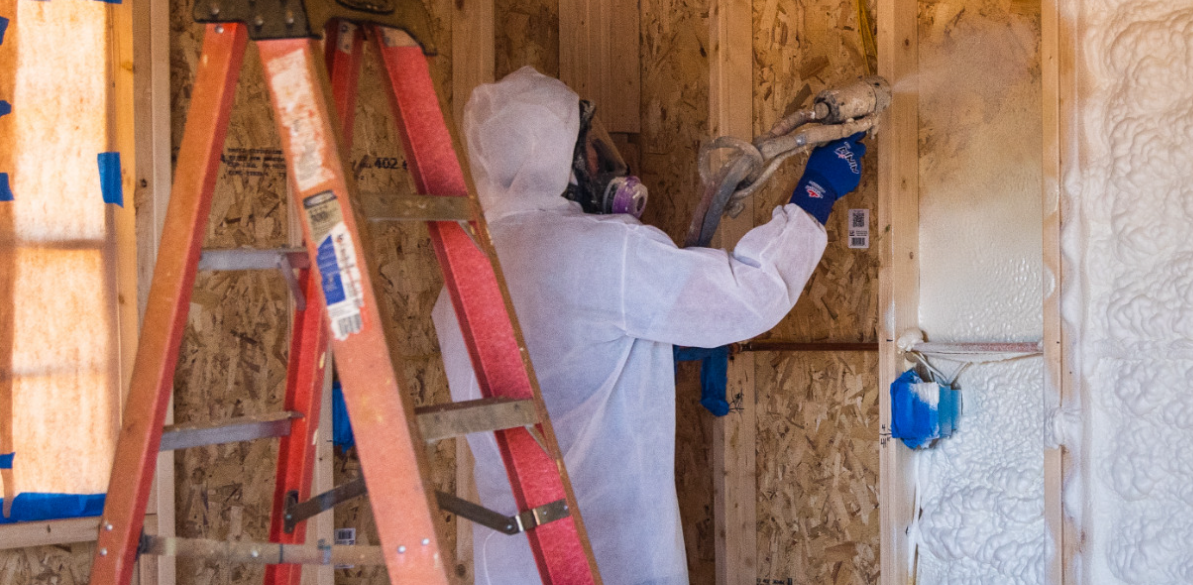Spray foam insulation has gained immense popularity among homeowners and contractors alike due to its energy efficiency and superior insulating properties. However, for contractors, understanding spray foam insulation pricing is crucial for maximizing profits. This article will guide you through the key factors that influence pricing, how to price spray foam insulation effectively, and strategies to enhance your profitability.
What is Spray Foam Insulation?
Spray foam insulation is a type of insulation that is applied as a liquid and expands to fill gaps and cavities, creating an airtight seal. It is typically made from a mixture of isocyanates and polyols, which react to form a rigid foam. This insulation method not only helps in maintaining temperature but also reduces energy costs significantly.
Factors Influencing Spray Foam Insulation Pricing
Understanding the various factors that impact the pricing of spray foam insulation is essential for contractors. Here are the primary elements to consider:
1. Material Costs
The cost of spray foam itself is a significant component of overall pricing. Prices can vary depending on the type of spray foam—open-cell or closed-cell—and the quality of materials used. Closed-cell foam tends to be more expensive but offers higher R-value per inch and moisture resistance, making it a preferred choice in many applications.
2. Labor Costs
Labor costs vary based on geographic location and the skill level of the workers involved. Hiring experienced technicians may increase upfront costs but can result in more efficient application and better-quality insulation, ultimately leading to happier clients and fewer callbacks.
3. Project Size and Complexity
Larger projects typically benefit from economies of scale, which can reduce the per-square-foot cost of insulation. However, complex projects that require additional preparation or unique application techniques can increase labor costs. It’s essential to assess the project scope and complexity to provide an accurate estimate.
4. Job Site Conditions
Accessibility and conditions at the job site can affect pricing. If the area is difficult to access or requires special equipment, additional charges may apply. Assessing site conditions before providing a quote is crucial for accurate pricing.
5. Local Market Rates
Regional market rates can greatly influence how you price spray foam insulation. Researching local competitors and their pricing strategies can provide valuable insights. Staying competitive while ensuring profitability is key.
How to Price Spray Foam Insulation Effectively
Now that you understand the factors influencing spray foam insulation pricing, here are some strategies to help you price your services effectively.
1. Conduct a Thorough Assessment
Before providing a quote, conduct a detailed assessment of the property. Measure the area to be insulated, note any unique features, and evaluate the existing insulation. This information will help you calculate the necessary materials and labor accurately.
2. Utilize a Pricing Calculator
Many contractors find it beneficial to use pricing calculators specifically designed for spray foam insulation. These tools can help you input various parameters (such as material costs, labor rates, and project size) to arrive at a competitive and accurate price.
3. Consider Value-Added Services
Offering value-added services, such as energy audits or warranties, can justify higher pricing. Clients are often willing to pay more for services that provide additional benefits, such as improved energy efficiency or peace of mind.
4. Build Relationships with Suppliers
Establishing strong relationships with suppliers can lead to better pricing on materials. Many suppliers offer discounts for bulk purchases or loyal customers. Negotiating favorable terms can reduce your costs and improve your profit margins.
5. Stay Informed on Industry Trends
The insulation industry is constantly evolving, with new materials and technologies emerging regularly. Staying informed about these trends can help you offer the latest products and services, potentially allowing for premium pricing.
Strategies to Maximize Spray Foam Profits
Maximizing profits goes beyond just setting the right price; it also involves optimizing your overall business operations. Here are several strategies to enhance profitability:
1. Improve Efficiency
Streamlining your operations can significantly impact your bottom line. Invest in training for your team to ensure they are skilled in applying spray foam efficiently. Additionally, consider optimizing your scheduling to reduce downtime and increase the number of jobs completed.
2. Leverage Marketing and Branding
Investing in marketing can attract more clients and boost your reputation. A strong online presence, positive customer testimonials, and showcasing successful projects can enhance your brand’s credibility and justify your pricing.
3. Focus on Customer Education
Educating your clients about the benefits of spray foam insulation can lead to higher sales. Clients who understand the long-term savings and energy efficiency of spray foam may be more willing to invest in it, even if the initial costs are higher than other insulation options.
4. Offer Financing Options
Many homeowners may hesitate to invest in insulation due to upfront costs. By offering financing options, you can make your services more accessible, encouraging more clients to choose spray foam insulation.
5. Evaluate Your Pricing Regularly
The market is constantly changing, and so should your pricing strategy. Regularly evaluate your pricing based on material costs, labor rates, and competitive landscape to ensure you remain profitable.
Conclusion
Spray foam insulation pricing is a multifaceted issue that requires careful consideration and strategic planning. By understanding the various factors that influence pricing and implementing effective pricing strategies, contractors can maximize their profits. Additionally, focusing on operational efficiency, customer education, and marketing can further enhance profitability. With the right approach, your spray foam insulation business can thrive in a competitive market.


